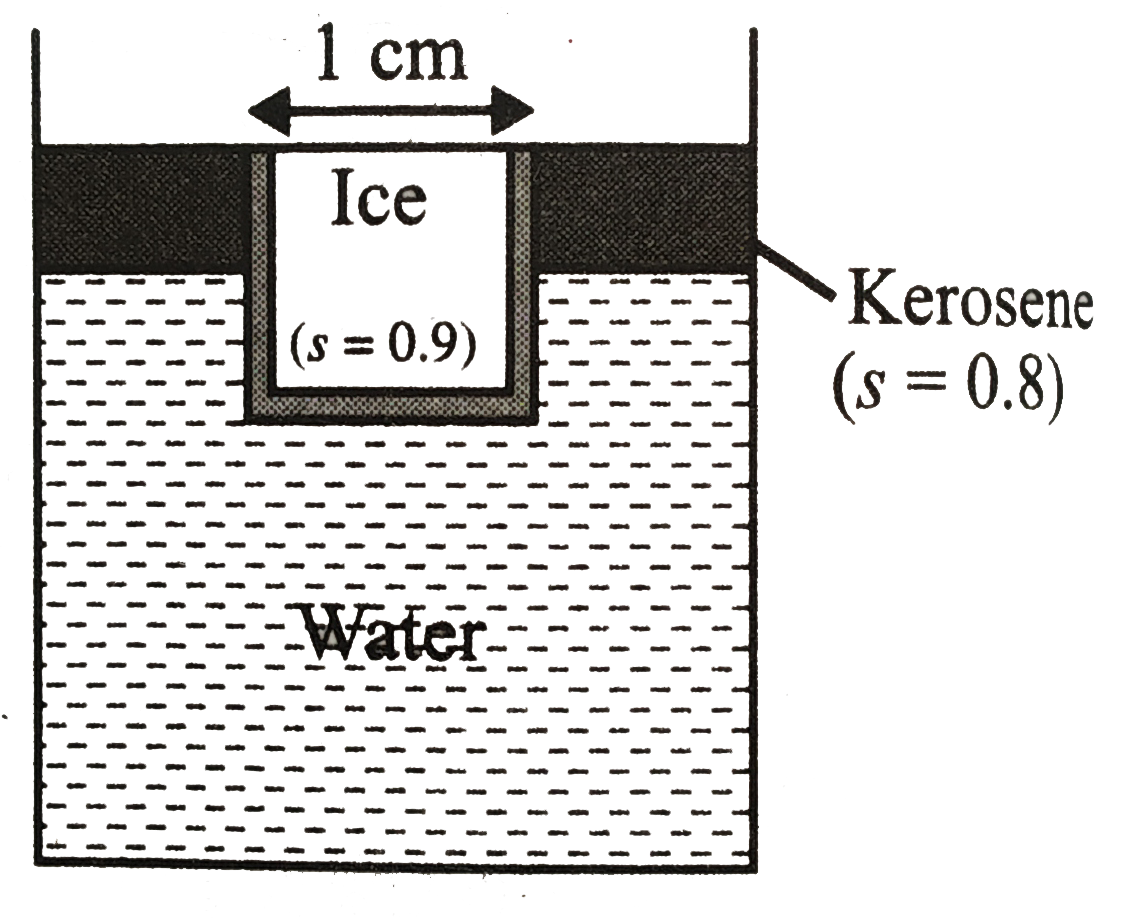Changing of solid ice into water.
Step-by-Step Solution
1. Identify the Change: The question asks about the change from solid ice to water. This involves a transformation from one state of matter (solid) to another (liquid).
2. Understand the States of Matter: Matter exists in different states: solid, liquid, and gas. Ice is the solid form of water, and when it changes to water, it is transitioning to the liquid state.
3. Define the Process: The process of changing from a solid to a liquid is specifically known as "melting."
4. Explain the Context: When ice (solid) is exposed to temperatures above 0°C (32°F), it absorbs heat energy, which causes the molecules to move more freely, resulting in the solid ice melting into liquid water.
5. Conclude with the Answer: Therefore, the process involved in changing solid ice into water is called melting.
Similar Questions
Knowledge Check
Melting of ice into water is a
Achemical changeBphysical changeCirreversible changeDperiodic changeAssertion : When ice and water are kept in a perfectly insulated thermos flask at 273 K and the atmospheric pressure, there is no change in mass of ice and water.
Reason : The system is in static equilibrium.AIf both assertion and reason are true and reason is the correct explanation of assertion.BIf both assertion and reason are true but reason is not the correct explanation of assertion.CIf assertion is true but reason is false.DIf both assertion and reason are false.Enthalpy change for the process,
H2O(ice)⇔H2O(water)
is 6.01 kJ mol−1. The entropy change of 1 mole of ice at its melting point will beA12 J K−1mol−1B22 J K−1mol−1C100 J K−1mol−1D30 J K−1mol−1
Change of a solid to a gas
View SolutionAn ice cube of side 1cm is floating at the interface of kerosene and water in a beaker of base area 10cm2. The level of kerosene is just covering the top surface of the ice cube.
a. Find the depth of submergence in the kerosene and that in the water.
b. Find the change in the total level of the liquid when the whole ice melts into water.

View SolutionWhat is the entropy change (in JK−1mol−1) when one mole of ice is converted into water at 0∘C?
(The enthalpy change for the conversion of ice to liquid water is 6.0KJmol−1 at 0∘C)
View SolutionWhat is the entropy change (∈JK−1mol−1) when one mole of ice is converted into water at 0∘C? (The enthalpy change for the conversion of ice to liquid water is 6.0kJmol−1at0∘C)
View SolutionThe melting of ice in water decreases with increase in pressure.
View Solution
